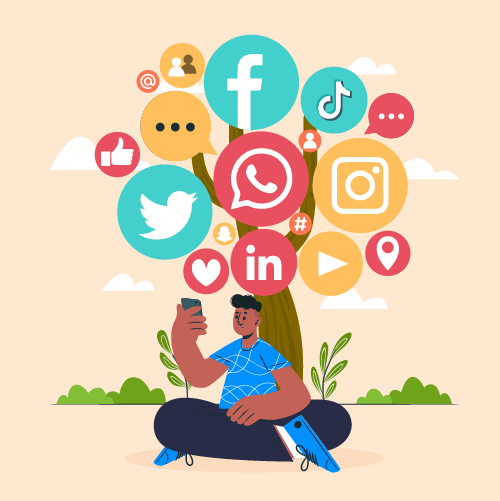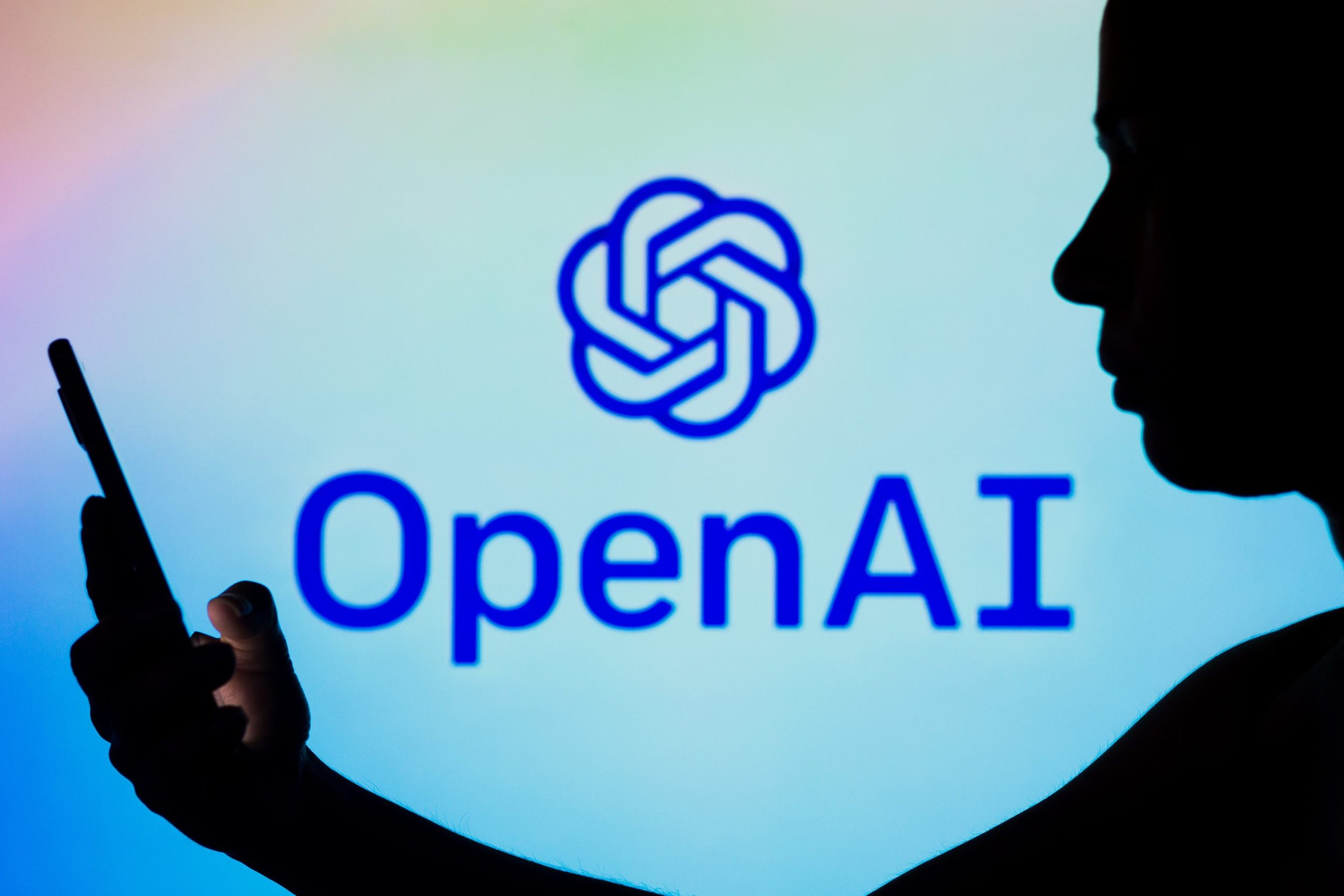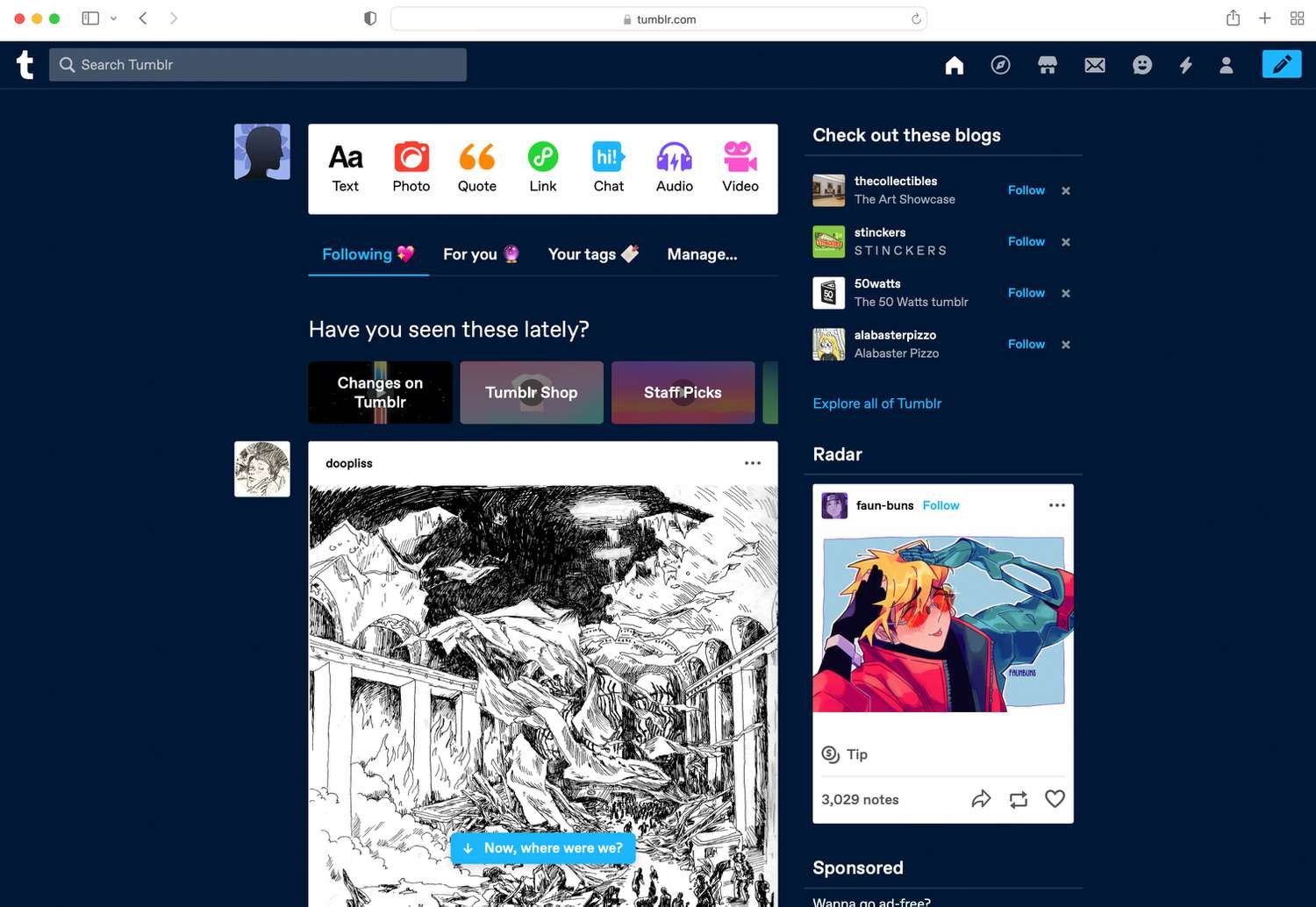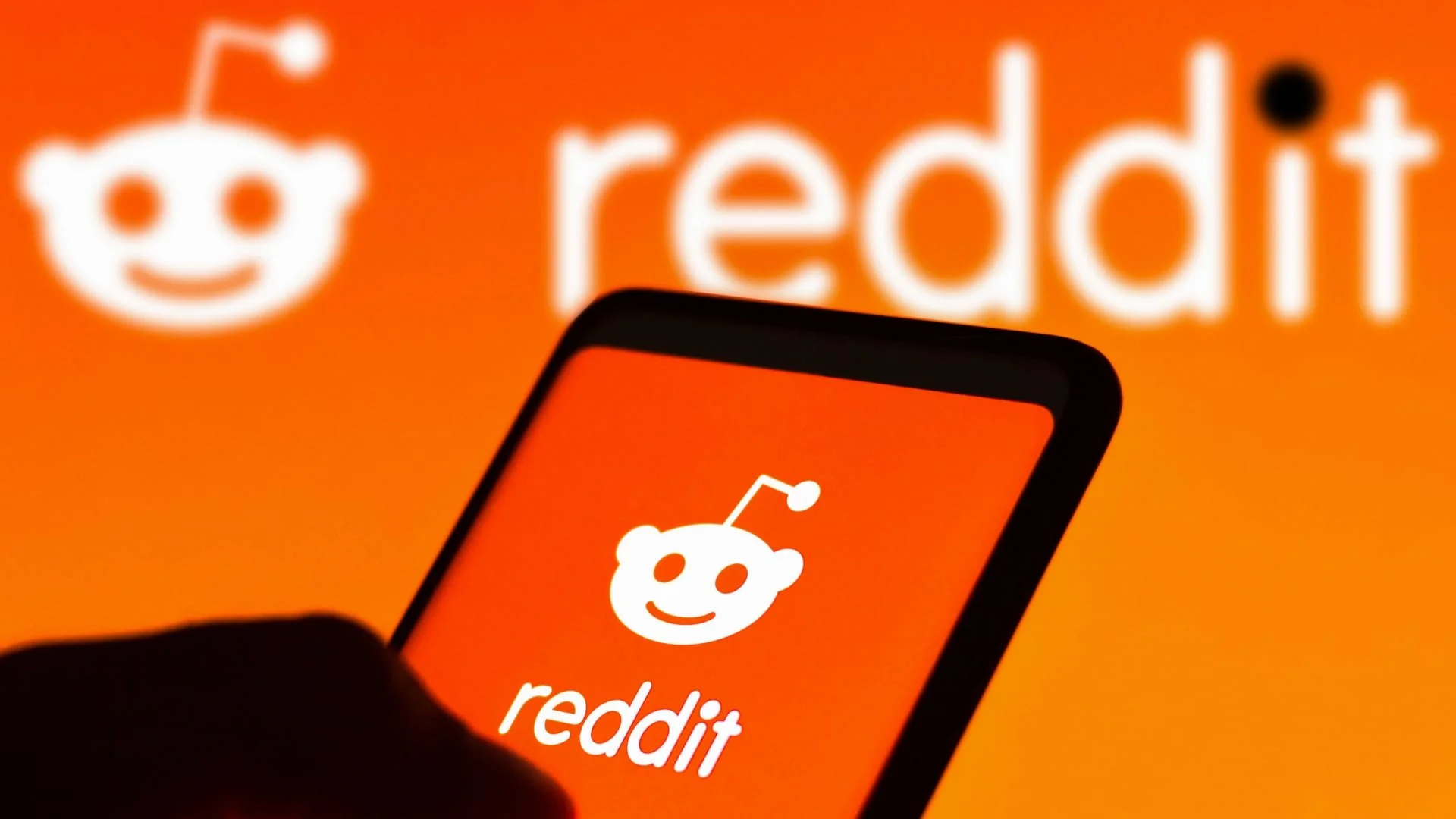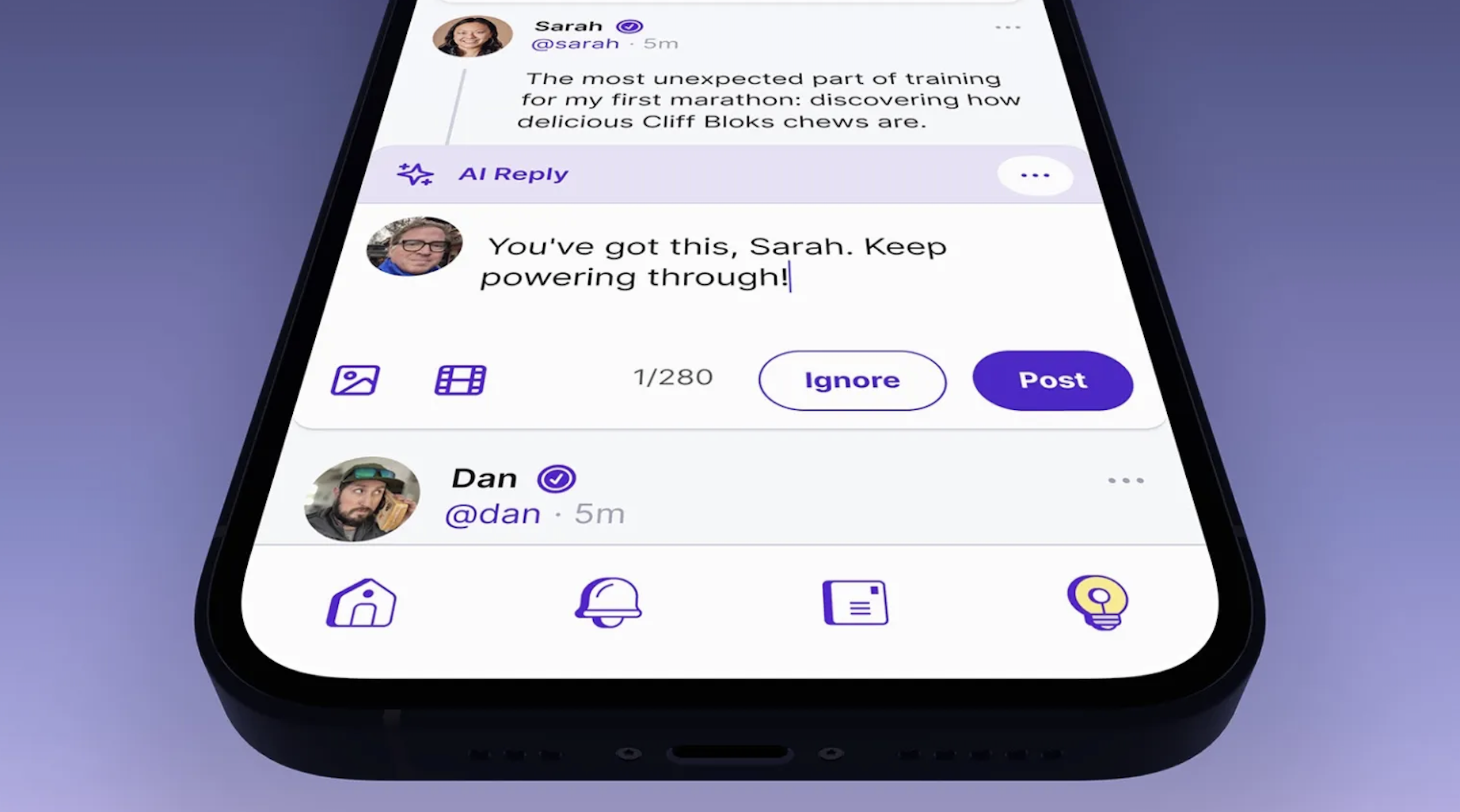September news reveals a quickly maturing AI marketplace while there seems to be a new era in the social media space as companies emerge and adapt in the post-Twitter (X) age. Read on to catch up on all the news you might have missed.
The Race for AI Continues
As tech giants compete to increase their AI footprint, September has come with substantial developments which seek to increase day-to-day utility for general users. Google announced integration for Bard, their generative AI tool, with Gmail, Drive, Maps, Flights, Youtube and other Google apps. Features of the update include sorting and summarizing messages, searching flights, planning itineraries, and even a “Google It” feature to fact check information created by the chatbot. Microsoft has followed suit, announcing plans to roll out integration with Copilot for Windows 11, Microsoft 365, Edge and Bing starting September 26. The update promises to “lessen the cognitive load” for users, pulling in information from user’s work and data to increase efficiency across Paint, Photos, Clipchamp, Outlook and other apps. Microsoft also announced that Bing will support DALL-E 3, the latest image generator from OpenAI.
Image Source: Artnet News
Open AI’s DALL-E 3 brings enhanced image quality over previous versions, as well as new security features to prevent misinformation and explicit images. It also has new measures to help living artists protect their work and artistic style from recreation. DALL-E 3 will only be available through a premium version of ChatGPT beginning October 2023. Following this summer’s release of Llama 2, Meta’s open source large language model, the company has announced Code Llama. Versions of this free and publicly available program are dedicated to producing and translating code from natural language. The open model has allowed wider exploration of potential AI utility for researchers and corporations, which could help the Meta service stand out against competitors. As these companies go head to head, one thing they can seemingly agree on is the need for federal policy around artificial intelligence.
Calling for Regulation:
On Wednesday, September 13, more than 20 tech leaders gathered at the nation’s capital to discuss policy around artificial intelligence. Among attendees were Bill Gates, Elon Musk, Mark Zuckerberg, and Sam Altman. In this closed door meeting, it’s reported that discussion spanned various aspects of social and economic impact, including consumer protection, workforce implications, and national security. Though this gathering brought little consensus around specific next steps, it’s likely that there is more to come in the months ahead.
Image Source: The Telegraph
In the meantime, Google faces trail in an antitrust case with the Department of Justice, which asserts that the company has created a monopolistic hold on the search engine market through partnerships which automatically load the service on smartphones, tablets, and other personal computers. With over 90% of search engine business in the United States, the outcome of this case could have a great impact on Google and make a broader statement to big tech.
“By putting decades of Silicon Valley practices under the microscope, it will provide an indication of how successful regulators in the United States will be in their efforts to rein in the power of Big Tech,” states the New York Times article.
Social Media – New Battles for Our Attention
Social media has become a part of life in ways unimaginable in their early days. Social media platforms are continuing to launch, evolve, and change due to shifts in consumers, ownership, public or private corporate status, or legislation. The following offers some recent news about emerging and well-established platforms, some that may even prove as valuable replacements for those who are looking to ditch the once-popular app, Twitter (X).
Threads
Threads, Meta’s attempt at a “Twitter Killer,” has sparked controversy in the world of social media for many reasons. Gaining 10 million users in the first seven hours of launch, Meta is working hard to take over the spot that Twitter, now known as X, formerly had. However, Threads is certainly not perfect either, and users are criticizing the fact that a Threads profile is only able to be deleted if the attached Instagram profile is deleted. In addition to this, despite not having a Threads account, there is the possibility for users to “pre-follow” other users due to the fact that the Threads account is ultimately linked to the user’s Instagram profile, regardless of if they decide to sign up for Threads or not. Will Threads prove as a strong competitor to X in the long-run, or will it prove to be an app that gained its moments of fame and ultimately fade into the background?
Image Source: Unsplash
Pinterest has been around for over 13 years, serving largely as a visual platform for those who want to organize their thoughts in a digital space. Although Pinterest may not be the first competitor that comes to mind when thinking about a potential replacement for X, it is important to recognize that Pinterest’s calculated algorithm presents users with a specialized feed of items that they may be/ already are interested in. The intuitive interface is also foolproof for anyone who would like to use the app, and the visualization of the posts are also beneficial to visual learners. Pinterest is also a highly commodified space, serving as a great opportunity for small businesses to market their work. Some people may underestimate the power that Pinterest currently holds, as it waits in the sidelines to potentially take over the spot that X has left.
Image Source: Unsplash
Tumblr
Tumblr, like Pinterest, is not new to the social media scene, but it is making news and changing to gain new users. Plagued, perhaps, by shifting ownership, Tumblr was purchased from Verizon by Wordpress’s Automattic in 2019. In the last 2 years, it has created a new version of itself. In November 2022, it reversed the Verizon-era nudity ban moving the platform away from its PG rating. At the end of the summer, it redesigned its interface, aligning more with the ‘norms’ of some of the giants. While always hip and uncool simultaneously, it offered a microblogging platform that encouraged creativity and quirky-ness. It’s re-invention shows it’s ready to try to find its own place in the over-crowded marketplace.
Image Source: Lifewire
Bluesky
Bluesky hit the 1 million user mark in September. Founded by Jack Dorsey (former CEO of Twitter) as a public benefit company, it is an invite-only decentralized social network that offers a new model for social. “A recent blog post by Tamilore Olidapo notes that Bluesky has become a site for creators and explains how its open-source, decentralized system works “Its decentralized nature comes from the AT Protocol, developed by the Bluesky team, and provides transparency into how the app was built and works. Early and frequent users include author Neil Gaiman and US politician Alexandria Ocasio-Cortez.” Bluesky is not a traditional corporate model. As a decentralized, public benefit company that is looking for new models for financial sustainability. For those curious, a summer post by Tech Crunch gives some ‘how to’ join and use Bluesky advice.
Image Source: NBC News
Reddit received significant angst from its users over the summer as it changed its financial model including charging for its API and recently for launching a moderator rewards program. Reddit is, a unique platform, harkening back to the chatroom era of web 1.0. As the NY Times notes: “Redditors really love Reddit”. Reddit is an untapped opportunity for artists and arts organizations, as it is filled with passion in the subreddit communities. As Rachel Broughton noticed, there are over 40,000 subreddit users taking about modern art. They are often ignored due to reliance on the tech-giant posting streams.
Image Source: CNBC
Pebble
Pebble, formerly T2, was designed to take-on Twitter. It made the news this week as it started to engage AI for its users, letting AI generate posts for them to use, if they want. This maybe the answer for the indecisive or lazy social media user, but will the content draw a crowd? Time will tell.
Image Source: TechCrunch
The options are endless
And, of course, there are many more options of social media apps to choose from including BeReal, Clubhouse, Snapchat, Discord, VSCO, TikTok, Meta: Facebook & Instagram, and many more. The main question is, which social media channels would be most beneficial to your organization and will help you to achieve success?
Image Source: Appinventiv
-
https://blogs.microsoft.com/blog/2023/09/21/announcing-microsoft-copilot-your-everyday-ai-companion/
https://www.nytimes.com/2023/09/20/technology/chatgpt-dalle3-images-openai.html
https://about.fb.com/news/2023/07/llama-2/
https://www.wired.com/story/meta-code-llama/
https://www.washingtonpost.com/technology/2023/09/13/senate-ai-hearing-musk-zuckerburg-schumer/
https://www.nytimes.com/2023/09/11/technology/google-monopoly-justice-dept-trial.html
https://www.nytimes.com/2023/07/05/technology/threads-app-meta-twitter-killer.html
https://www.forbes.com/sites/timbajarin/2023/08/01/is-the-demise-of-x-twitter-inevitable/
https://techcrunch.com/2023/07/06/threads-delete-profile-instagram-meta/
https://www.neowin.net/guides/you-can-pre-follow-instagram-users-on-threads-heres-how/
https://quickframe.com/blog/the-pinterest-algorithm/
https://www.edtechreview.in/news/pinterest-a-great-visual-learning-tool/
https://buffer.com/resources/bluesky-social/
https://www.nytimes.com/2023/06/16/style/whats-going-on-with-reddit.html

